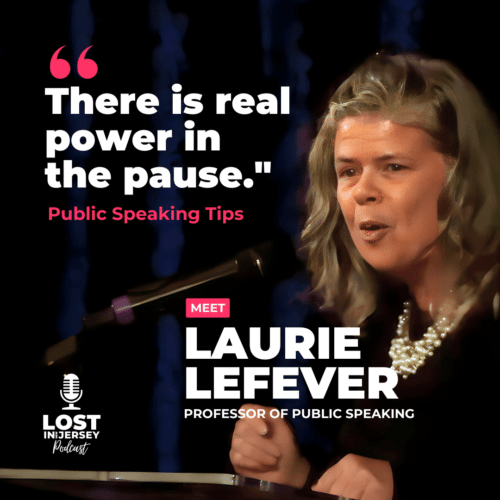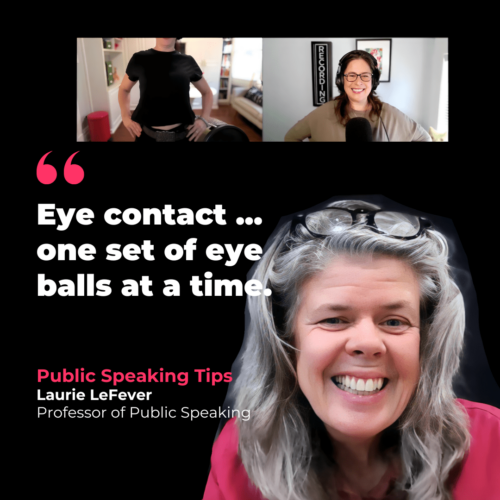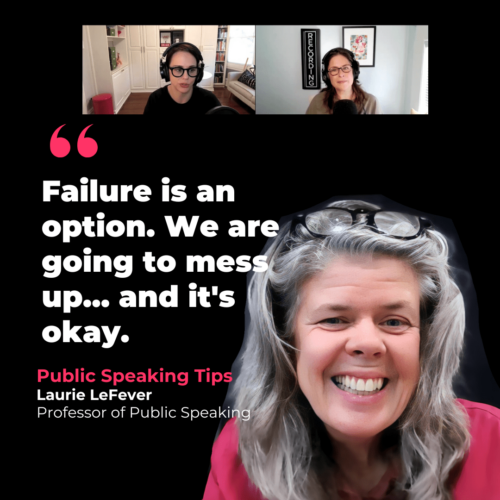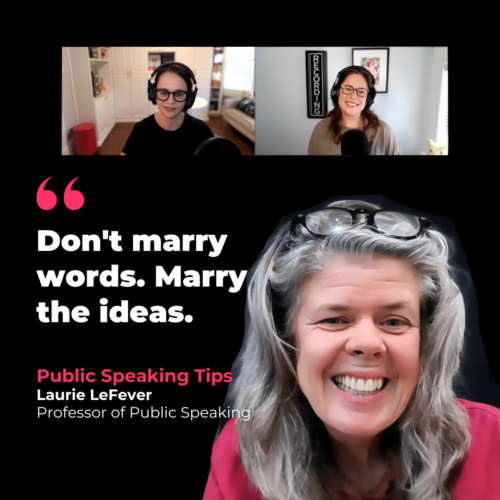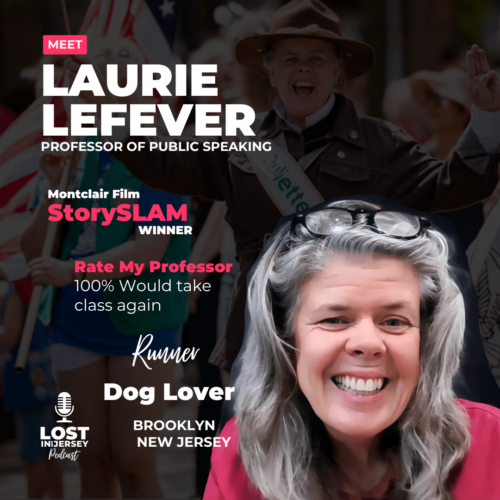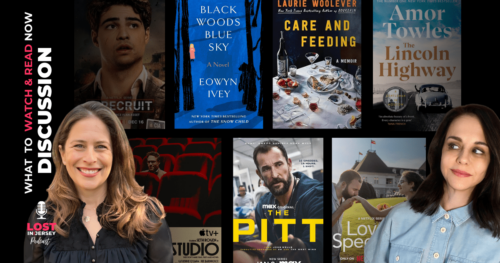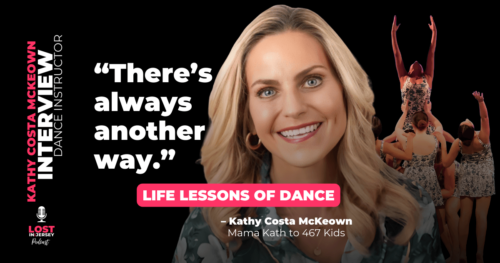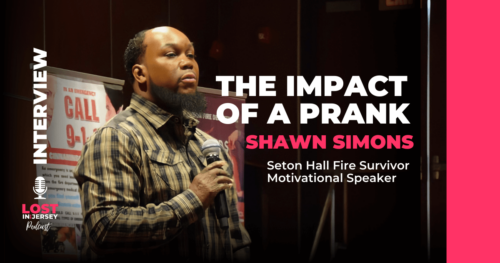Unlocking the Art of Public Speaking
Introduction
We had the pleasure of interviewing Laurie LeFever, an adjunct professor of public speaking with over 20 years of experience. Laurie shared her journey from Brooklyn to New Jersey, her passion for teaching, and invaluable tips for improving public speaking skills. Whether you’re preparing for a speech, a meeting, or a family gathering, Laurie’s insights can help you communicate more effectively.
Meet Laurie LeFever
Laurie LeFever is not just a professor; she is a storyteller and a community builder. Originally from Brooklyn, she moved to Metuchen, New Jersey, where she created a close-knit neighborhood community. With a background in communications, Laurie has been teaching public speaking for over 28 years, helping students find their voice and confidence.
Listen and Watch Interview
The Importance of Authenticity
One of the key takeaways from our conversation with Laurie is the significance of authenticity in public speaking. She emphasizes that being yourself is crucial. Instead of trying to perform or adopt a character, speakers should focus on sharing their genuine thoughts and feelings. This approach fosters a connection with the audience, making the message more relatable and impactful.
Tips for Effective Public Speaking
Laurie shared several practical tips that can benefit anyone looking to improve their public speaking skills:
1. Breathe
Breathing is fundamental. Many speakers forget to breathe properly, which can lead to anxiety and a lack of clarity. Laurie encourages her students to take deep breaths, likening it to the comforting smell of chocolate chip cookies baking in the oven.
2. Embrace the Pause
There is “power in the pause.” Laurie advises speakers to embrace silence instead of filling every moment with words. Pausing allows the audience to absorb the message and gives the speaker a moment to collect their thoughts.
3. Limit Filler Words
Filler words like “um,” “like,” and “so” can detract from a speaker’s message. Laurie suggests that speakers become aware of their use of these words and practice speaking without them. This can be achieved by focusing on the content rather than the delivery.
4. Eye Contact
Making eye contact is essential for engaging the audience. Laurie encourages her students to look at one person at a time, which helps create a connection and makes the experience feel more personal.
5. Accept Imperfection
Laurie emphasizes that failure is a part of the learning process. She encourages her students to let go of the fear of making mistakes and to view public speaking as an opportunity for growth. The audience is generally supportive and wants the speaker to succeed.
The Journey of a Public Speaker
Laurie’s own journey as a public speaker has been filled with challenges and triumphs. She recalls her experience at a recent Montclair Film StorySlam (which she won) where she felt nervous and almost left multiple times. However, she learned to embrace her nerves and focus on the opportunity to share her story. This experience reinforced her belief that public speaking is a skill that can be developed over time.
Conclusion
Public speaking is an essential skill that can be learned and improved with practice. Laurie LeFever’s insights remind us that authenticity, preparation, and a willingness to embrace imperfection are key components of effective communication. Whether you’re speaking in front of a large audience or sharing a story at a family gathering, these tips can help you convey your message with confidence and clarity.
We hope you enjoyed this episode and found Laurie’s advice as inspiring as we did. Remember, the journey to becoming a better public speaker starts with a single step—so take a deep breath and get started!
Hear Laurie LeFever’s winning story at September 26, 2024 Montclair Film StorySlam

